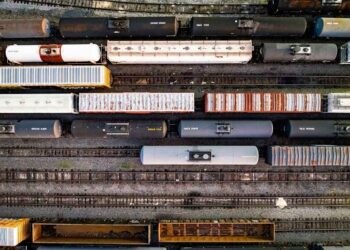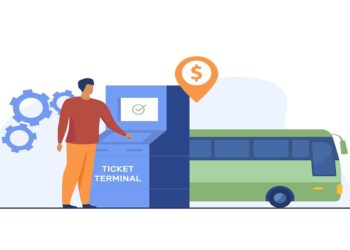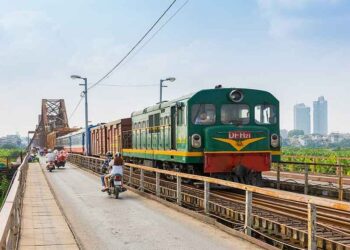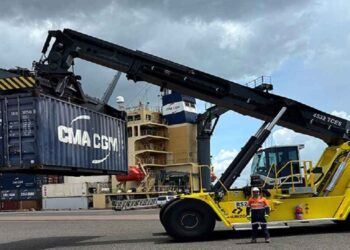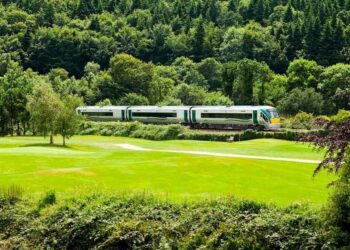The cost of modernising Britain’s Great Western Main Line (GWML) has risen by £2.1bn more than originally planned in 2013 to £5.58bn, according to a damning report published by the National Audit Office (NAO) on November 9.
NAO highlights the flaws and failures in the Department for Transport’s (DfT) modernisation of the GWML, which will now take 18 to 36 months longer than originally planned, costing the DfT up to £330m.
The cost estimate that infrastructure manager Network Rail (NR) provided in 2014 was unrealistic, the report says. Electrification between Maidenhead (west of London) and Cardiff is now estimated to cost £2.8bn, 70% (£1.2bn) more than originally predicted. The number of bridges which require rebuilding or upgrading was also underestimated, as was the amount of time the electrification would take and the costs required for obtaining planning permission for the works. NR’s failure to plan and deliver the infrastructure programme led to further increased costs, according to the report.
The number of passengers arriving at London Paddington each day was forecast in 2012 to rise by 81% (21,200) between 2013-14 and 2018-19, and has some overcrowded services in England and Wales.
The DfT is aiming to improve services along the route which connects London to south Wales, and west and south-west England, by purchasing new trains, upgrading infrastructure works and improving services.
However, the report points out the lack of cohesion in how the GWML Modernisation programme was managed and planned. The DfT awarded a £4.5m contract to supply and maintain a fleet of class 800 trains from Agility Trains, a consortium including Hitachi Rail Europe, in July 2012 over two years before producing a business case that brought all elements of the programme together in March 2015. In addition, NR began electrifying the route over a year before the business case was produced.
“The Department for Transport and Network Rails’ failure to integrate crucial elements of the modernisation into one programme from the start has cost passengers and taxpayers’ time and money,†says Ms Meg Hillier MP, chair of the committee of public accounts. “I do not understand why it took the Department two years from agreeing to buy new trains to produce a business case.â€
Infrastructure planning work was in an early stage of development when the DfT ordered Intercity Express Trains which created fixed deadlines for electrification, despite the fact that NR had only just identified that it would need to develop and supply a new type of electrification.
“The electrification timetable was not based on a bottom-up understanding of what the works would involve,†NAO’s report says.
The Great Western franchise will provide extra trains and depots, but will also have higher running costs from operating diesel trains for longer while receiving less revenue from passengers than expected. As the franchise will bear these costs, the DfT will receive less income between September 2015 and March 2019.
The report adds that NR must deliver the main benefits from the infrastructure programme within the current schedule and budget, but the schedule for electrification between London and Cardiff currently has less funding to manage risk than NR believes it requires.
Budget constraints means that passengers may have to wait to see the full benefits of the modernisation, and the DfT has deferred electrification on some stretches of the route due to the high costs. Electrification on these sections will not happen until the next rail investment period between April 2019 and March 2024, known as Control Period 6.
“The modernisation of the route has potential to deliver significant benefits for passengers but this is a case study in how not to manage a major programme,†says Mr Amyas Morse, head of NAO. “The Department’s failure to plan and manage all the projects which now make up the Great Western Route Modernisation programme in a sufficiently joined up way, combined with weaknesses in NR’s management of the infrastructure programme, has led to additional costs for the tax payer.â€
Meanwhile, the DfT is varying its order of Intercity Express trains so that all of the trains can operate under both diesel and electric power.




















